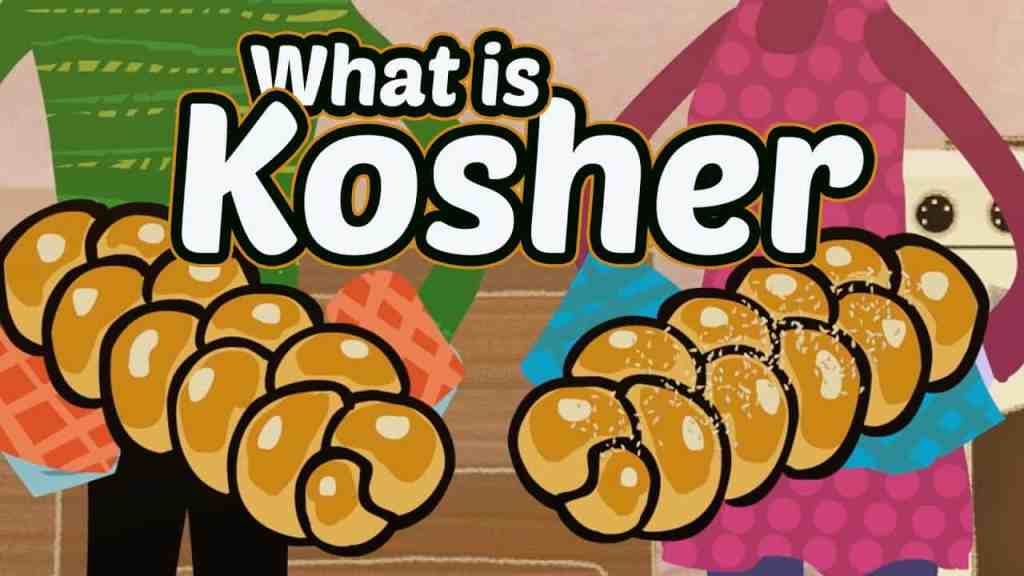Questions from the congregation
Someone answer these two questions. I am curious and a little bit confused and just need some clarification. Maybe I’m over thinking I don’t know but maybe someone a little more educated than we can explain. Please don’t criticize just asking so I know it says in the Bible that you should honor your mother and your father and that your days upon the earth will be longer so let’s just say if your mom or dad offer you pork and you know in the Bible, you’re not supposed to eat pork in this instance what do you do?
April Tucker
This is not what honoring your parent means. It is one of those “build the community/society” verses. One can only truly honor parents who honor God. If the whole community is honoring God, then there will never be a problem.
There are as many answers to this as there are Messianics. Some will say that “pork is an abomination and therefore never touch it.” Others will say that “the relationship is more important, eat the pork, it only makes one unclean.” There is no easy answer. Other than that, always bring your own food.
There is no way out of the hypocrisy. This is what Paul meant by working out your salvation with fear and trembling.
Therefore, my beloved, as you have always obeyed, so now, not only as in my presence but much more in my absence, work out your own salvation with fear and trembling; Phil. 2:12
Unclean
If we carefully look through the Torah we soon realize that we are perpetually unclean. But there is a remedy. We have to wait till the sun goes down and take a bath before going to the temple.
24 “And by these you shall become unclean; whoever touches their carcass shall be unclean until the evening, 25 and whoever carries any part of their carcass shall wash his clothes and be unclean until the evening. 26 Every animal which parts the hoof but is not cloven-footed or does not chew the cud is unclean to you; every one who touches them shall be unclean. 27 And all that go on their paws, among the animals that go on all fours, are unclean to you; whoever touches their carcass shall be unclean until the evening, 28 and he who carries their carcass shall wash his clothes and be unclean until the evening; they are unclean to you. Lev. 11:24-28
But there is a slight problem here, there is no temple. We are now the temple and are perpetually clean in Messiah.
Do not, for the sake of food, destroy the work of God. Everything is indeed clean, but it is wrong for any one to make others fall by what he eats; Rom. 14:20
Who is my Father and my Mother?
48 But he replied to the man who told him, “Who is my mother, and who are my brothers?” 49 And stretching out his hand toward his disciples, he said, “Here are my mother and my brothers! 50 For whoever does the will of my Father in heaven is my brother, and sister, and mother.” Matt. 12:48-50
Tradition
1 Then Pharisees and scribes came to Jesus from Jerusalem and said, 2 “Why do your disciples transgress the tradition of the elders? For they do not wash their hands when they eat.” 3 He answered them, “And why do you transgress the commandment of God for the sake of your tradition? 4 For God commanded, ‘Honor your father and your mother,’ and, ‘He who speaks evil of father or mother, let him surely die.’ 5 But you say, ‘If any one tells his father or his mother, What you would have gained from me is given to God, he need not honor his father.’ 6 So, for the sake of your tradition, you have made void the word of God. 7 You hypocrites! Well did Isaiah prophesy of you, when he said: 8 ‘This people honors me with their lips, but their heart is far from me; 9 in vain do they worship me, teaching as doctrines the precepts of men.’”Matt. 15:1-8








